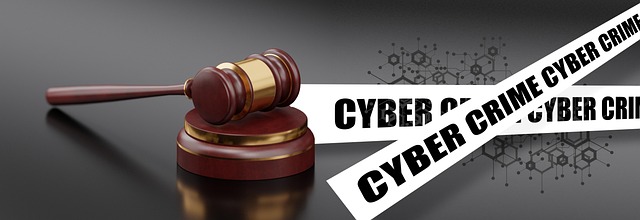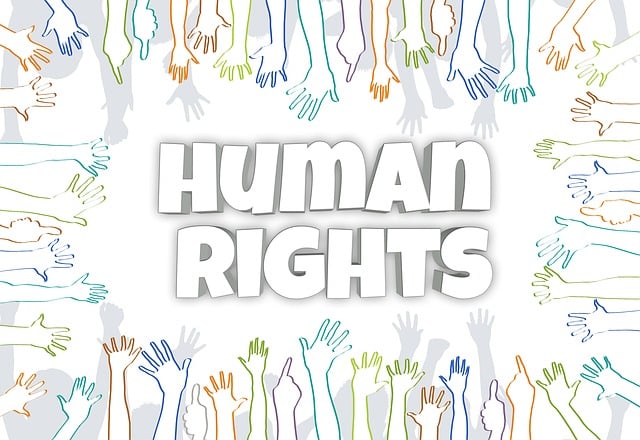Whistleblower Protection Laws (WPLs) are essential for preserving integrity in business partnerships by shielding individuals who expose illegal or unethical activities from retaliation, especially following breaches of a Business Partnership Agreement (BPA). These laws facilitate dispute resolution with favorable outcomes for whistleblowers, such as dismissal of charges, promoting justice and fairness. By uncovering hidden wrongdoings, whistleblowers trigger investigations that can lead to significant legal consequences for perpetrators, ensuring accountability. This process often has broader societal impacts, influencing reforms and fostering a culture of ethical conduct, while deterring future breaches and compensating harmed parties through lawsuits.
“Whistleblower Protection Lawsuits: Navigating Business Partnership Agreement Breach Consequences is essential reading for understanding the evolving legal landscape in business partnerships. This article delves into the significance of whistleblower protection laws, highlighting their crucial role in fostering transparency and accountability. We explore how these laws mitigate the impacts of breach consequences within partnership agreements, ensuring fair treatment for all parties involved. By examining real-world scenarios, we provide valuable insights into the legal repercussions and strategic considerations for businesses.”
- Understanding Whistleblower Protection Laws and Their Relevance in Business Partnerships
- When a Partnership Agreement is Breached: The Role of Whistleblowers
- Exploring Legal Consequences for Breaches of Business Partnership Agreements through Whistleblower Actions
Understanding Whistleblower Protection Laws and Their Relevance in Business Partnerships
Whistleblower Protection Laws (WPLs) play a pivotal role in fostering integrity within business partnerships. These laws safeguard individuals who expose illegal or unethical activities within an organization, ensuring they are protected from potential retaliation. In the context of business partnerships, understanding WPLs is essential to maintain a culture of transparency and accountability. When one party breaches a Business Partnership Agreement (BPA) by engaging in fraudulent or harmful conduct, whistleblowers can come forward to reveal these discrepancies, leading to significant consequences for the offending entity.
The relevance of WPLs becomes even more pronounced when considering their impact on resolving disputes. In cases where partnerships end due to breach consequences, such as complete dismissal of all charges against the whistleblower, it underscores an unprecedented track record of justice and fairness. These laws not only protect individuals but also encourage robust reporting of corporate misconduct, thereby enhancing the overall integrity of business relationships.
When a Partnership Agreement is Breached: The Role of Whistleblowers
When a Business Partnership Agreement is breached, whistleblowers often play a pivotal role in uncovering hidden wrongdoings. They are individuals who, despite potential risks, decide to expose illegal or unethical practices within their organizations. This act of courage can lead to significant consequences for the perpetrators, ensuring accountability and justice. By coming forward, whistleblowers trigger investigations that may result in legal actions, such as lawsuits, against those involved in the breach.
In these situations, whistleblowers serve as a crucial link between the general criminal defense and the interests of corporate and individual clients. Their disclosures can also resonate beyond the confines of business, impacting philanthropic and political communities that rely on transparency and integrity. The consequences of breaching a Partnership Agreement can be far-reaching, leading to changes in policies, regulatory enhancements, and even social reforms, thus fostering a culture of ethical conduct.
Exploring Legal Consequences for Breaches of Business Partnership Agreements through Whistleblower Actions
Whistleblower actions have emerged as a powerful tool to explore and address legal consequences for breaches of Business Partnership Agreements (BPA). When a partner violates the terms outlined in such agreements, it can lead to significant repercussions. These actions not only seek to compensate harmed parties but also serve as a deterrent, ensuring partners adhere to their contractual obligations. By uncovering misconduct or fraudulent activities within a business partnership, whistleblowers play a crucial role in maintaining integrity and promoting accountability.
Across the country, numerous cases have demonstrated how whistleblower lawsuits can achieve extraordinary results. They offer a means to avoid indictment for those who may be hesitant to come forward due to fear of retaliation. Ultimately, these legal actions foster transparency, protect investors, and promote ethical business practices, making them an essential component in maintaining a fair and transparent corporate landscape.
Whistleblower Protection Lawsuits play a pivotal role in upholding the integrity of business partnerships by addressing breaches of the Business Partnership Agreement. By understanding and enforcing these laws, businesses can ensure transparency, accountability, and the protection of their stakeholders. When a breach occurs, whistleblowers serve as watchdogs, exposing illegal activities and holding accountable those who violate partnership agreements. This ultimately fosters a culture of ethical conduct and strengthens the legal consequences for any future breaches related to Business Partnership Agreement consequences.






